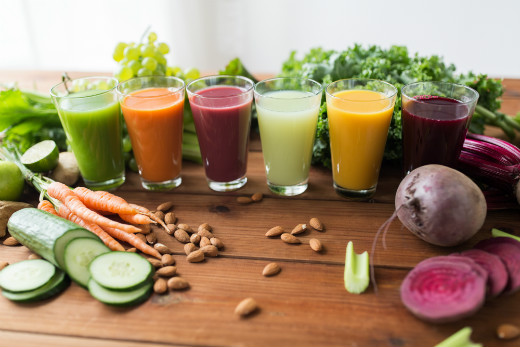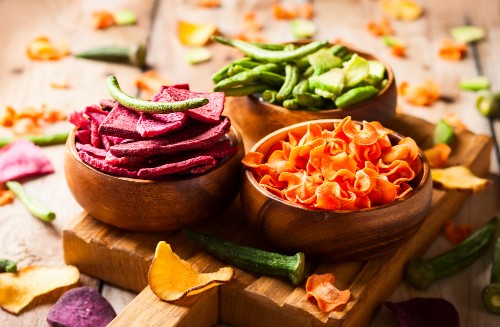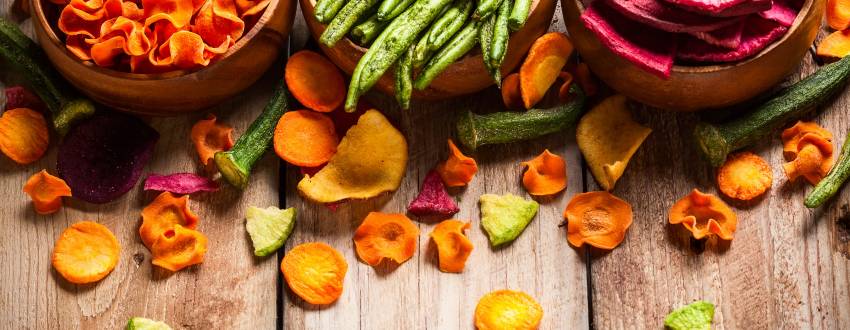By Menachem Lubinsky, CEO Lubicom
The big news at Kosherfest 2018 (November 13–14, Meadowlands Convention Center, Secaucus, NJ) is a “movement” towards healthier foods. The kosher community is moving ever so slowly into the space that the rest of America may already be occupying.
The decline of a chain like Whole Foods, which was ultimately sold to Amazon last year, occurred precisely because the rest of America bought into the concept of eating healthier. That means consuming products that are more organic and natural with no MSG or other objectionable ingredients – or simply a “clean label,” as people in the industry refer to it. Once consumers were able to acquire healthy products at stores like Kroger’s or Costco, a chain like Whole Foods became less relevant and certainly no longer unique.
Yakov Yarmove of the Albertson’s chain, and the architect of the magnificent kosher store within a store at Jewel-Osco in Chicago, is witnessing first-hand this change in the kosher market. “People who eat kosher are increasingly demanding healthier products,” he says. “They are looking at the labels and are concerned that whatever they consume should be without the junk.” He and others in the kosher food industry agree that the movement towards healthier eating is being driven by Millennials, while earlier healthy food movements were largely driven by older consumers.
The roll-out of a new generation of healthier kosher products is well underway. Kosherfest has for the 30 years of its existence been the showcase of the latest trends in kosher, both year-round and for Passover. The products that are trending this year include such items as Veggie Croutons, Organic Chestnuts, and many new vegetable-based drinks that are pure and natural, many of which won awards in the show’s annual New Product Competition.
Some of the booths in action at Kosherfest 2017.
Chaim Herzog, who is responsible for new product development at Kayco, one of the largest kosher distributors, sees the trend as a movement towards change. “Just look at the changes in the snack aisle with many new vegetable-based chips,” he says. “People today want small snacks, perhaps even to be used with a dip, but want to make sure that there is no high fructose corn syrup and it’s as natural as can be.” Mr. Herzog is impressed with the demand by kosher consumers to eat healthier and – very importantly – to feed their children healthier products.
Many traditional products beyond snacks and beverages are now being offered in healthier versions. Examples are tomato sauce and pasta made from vegetables. The beverage category continues to undergo dramatic changes as the old carbonated drinks take a backseat to energy drinks and just about any type of treatment of water. Kayco will be introducing a fully natural carrot juice that is produced in South Africa. “The carrots are picked in the morning and become a beverage in the evening, making it as fresh and healthy as can be,” says Mr. Herzog.

Those familiar with both kosher and the mainstream markets say that the kosher industry by far lags in producing and distributing the healthier options (i.e. brands like Heaven & Earth). Mainstream supermarkets like Costco and Trader Joe’s that have been steadily increasing their kosher offerings are far more likely to accept a product with a clean label than those with ingredients that today’s health-conscious individual finds objectionable.
The snack aisle is a good place to see the health trend in action. While some mothers are still filling lunch bags with the traditional snacks (i.e. Super Snacks, BBQ potato chips), others are meticulously avoiding those products in favor of the vegetable-based and natural snacks, not to speak of the small bags of carrots that are a favorite with many children.

Now in its thirtieth year, Kosherfest is a snapshot of what is happening in the industry. Thirty years ago, most of the original 69 exhibitors showcased traditional kosher foods like kugels, chopped liver, and gefilte fish. By the ’90s there was a new awareness of the value of sugar-free foods, not only for people who must avoid sugar, but for the weight conscious and those seeking to reduce their sugar intake. Low-fat foods became an added value health benefit, but somehow consumers valued taste above all. Most companies could simply not produce organic and natural products that were tasty.
Fast-forward to Kosherfest of 2018 and there is a noticeable change in that natural and organic does not necessarily mean less taste. Executing this delicate balance remains a challenge to kosher manufacturers, but one to which they are rising with the help of technology (that is pretty clear at Kosherfest with great tasting sugar-free halva in the Israeli pavilion).
Not only is this what the health-conscious kosher consumer is looking for, it’s also exactly what a buyer at Costco pays attention to. Mr. Herzog confirms that many of his new healthier foods are coveted by larger stores when they are able to offer a clean label and decent-tasting product.
Norman’s is showcasing its highly successful Probiotic Greek Yogurt. Many people believe in probiotics to prevent diseases and even treat some illnesses (promoting a healthy digestive tract and a healthy immune system are their most widely studied benefits), and this product is a good example where consumers are even willing to sacrifice taste for health benefits.
The health movement in foods is a new and emerging challenge to the kosher community at all levels, and there is no better place to appreciate this new reality than tracking the trend at Kosherfest.





